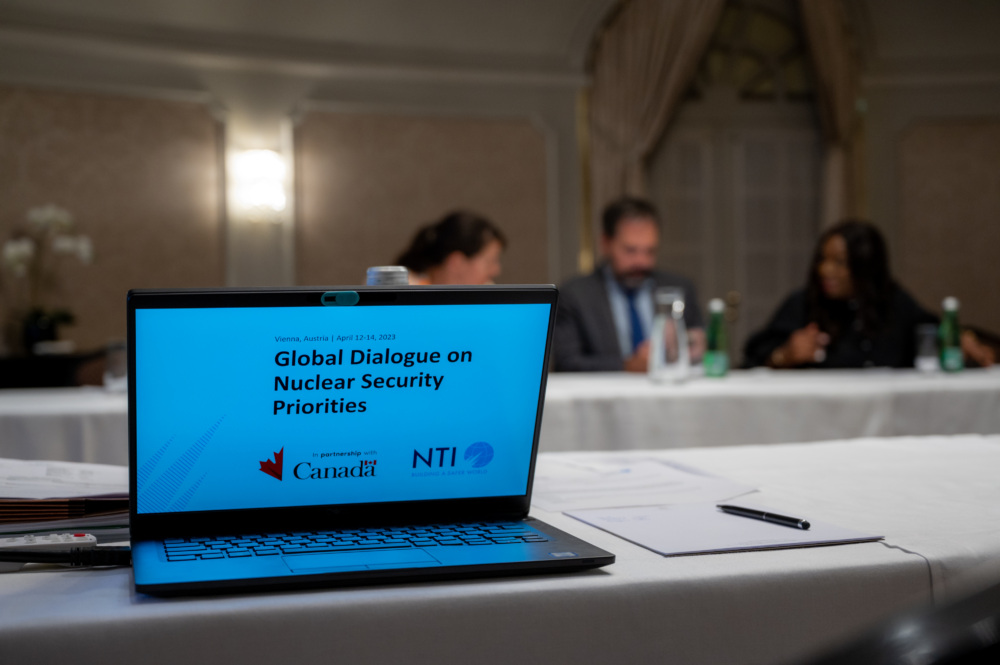
Fostering Nuclear Security Leadership and Innovation
Lessons Learned from 10 Years of the Global Dialogue on Nuclear Security Priorities
This rapporteur’s report is from the second meeting of the Global Dialogue on Nuclear Security Priorities, which took place in Dalfsen, Netherlands in October 2012. The meeting was held using the not-for-attribution rule. Individuals and governments are free to use the information obtained during the meeting, but that information should not be attributed to a specific individual or government. This rapporteur’s report was drafted accordingly.
The report details the meeting’s discussions stemming from the following sessions:
Sign up for our newsletter to get the latest on nuclear and biological threats.
Lessons Learned from 10 Years of the Global Dialogue on Nuclear Security Priorities
The Nuclear Threat Initiative has convened government officials, experts, representatives from international organizations, and industry leaders since 2012 to define what a truly comprehensive and effective global nuclear security system would look like and has developed related recommendations. This paper is the culmination of this work and lays out a vision for strengthening the global nuclear security system and the steps needed to achieve it, including after the summit process ends.
This primer provides an overview of the key agreements, guidelines, multilateral engagement mechanisms, and implementation services that make up today’s nuclear security system.